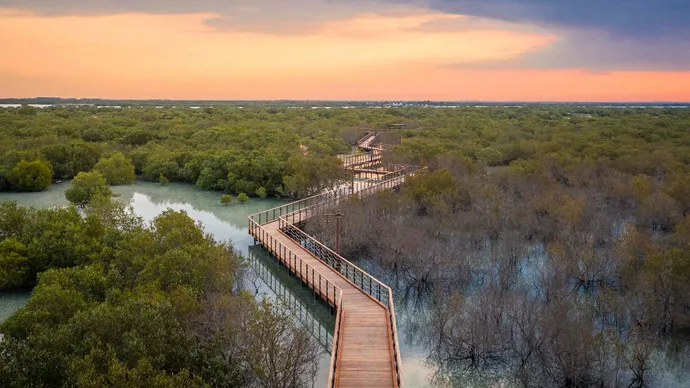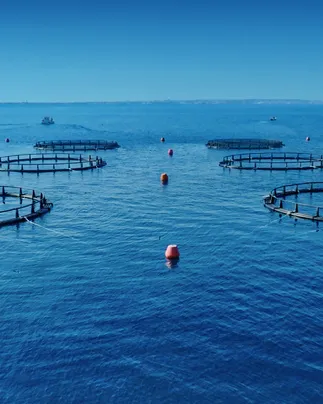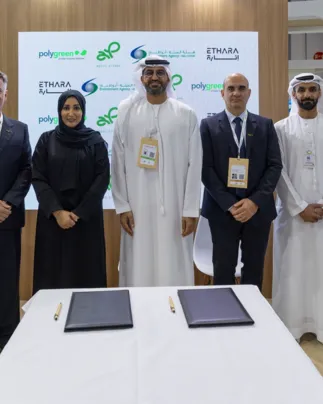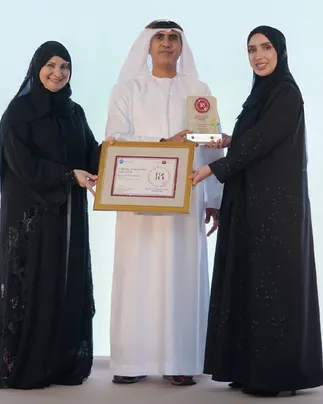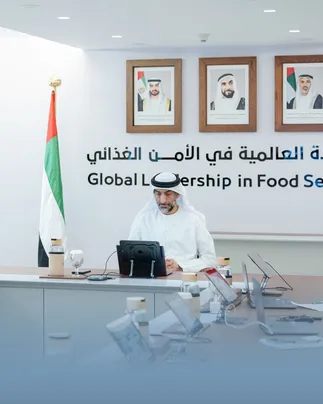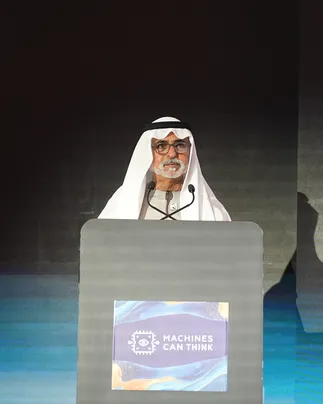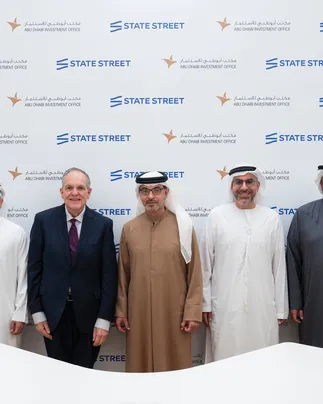Environment Agency – Abu Dhabi (EAD), in collaboration with its strategic partners, has announced that 95 per cent of the first phase of the plan for the Abu Dhabi Environmental Centennial 2071 Plan was successfully completed by the end of 2024, demonstrating its commitment to a sustainable and forward-looking vision.
The milestone was achieved in only the second year since the plan’s rollout in 2023, further driving the emirate’s environmental sustainability agenda with the ambitious goal of making Abu Dhabi a global leader in environmental and climate action by 2071.
Abu Dhabi Government has achieved 359 milestones and positive outcomes under the plan, with 63 initiatives exceeding their targeted goals. These achievements were made possible through the active participation of several key government entities including: Department of Municipalities and Transport – Abu Dhabi; Department of Culture and Tourism – Abu Dhabi; Department of Energy – Abu Dhabi; Department of Government Enablement – Abu Dhabi; Abu Dhabi Agriculture and Food Safety Authority; Abu Dhabi Investment Office; Abu Dhabi Public Health Center; Abu Dhabi Mobility; and Abu Dhabi Maritime. The government’s international collaboration spans more than 24 countries around the world to help fulfil the plan’s objectives.
Her Excellency Sheikha Al Mazrouei, Executive Director of the Integrated Environmental Policy and Planning Sector at EAD, said: “This remarkable achievement, which has exceeded expectations, is the result of collaborative efforts among leading government entities that place sustainability at the heart of their priorities – fully aligned with Abu Dhabi’s vision. These outcomes reflect our strong belief in collective action and the spirit of positivity that continues to guide us and our partners forward in achieving the Abu Dhabi Environmental Centennial 2071 goals."
The first pathway, A vibrant emirate, thriving in nature, achieved an 88 per cent completion rate, encompassing several key accomplishments. These include the implementation of a comprehensive aquaculture development plan, the launch of the UAE’s first hydrogeological map – which serves as a national reference for groundwater resource assessment – plus the development of a comprehensive sustainable agricultural development plan and the creation of an integrated air quality modelling framework. Other milestones include the launch of Abu Dhabi’s Guide for the Safe Use of Bicycles and E-scooters, the update of infrastructure guidelines for micro-mobility, and the development of a research agenda and observatory plan for indoor air quality in priority sectors.
The second pathway, Green force resilient to climate change, exceeded its set targets, reaching a completion rate of 102 per cent. This pathway saw the implementation of numerous projects and initiatives, including the development of the 2025-2050 Environmental Climate Adaptation Plan in conjunction with 41 entities, the establishment of smart agriculture standards to ensure sustainable food security, and the formulation of a comprehensive energy sector policy framework, consisting of 93 initiatives extending to 2035. It also included the design and implementation of hydrogen and electric bus charging infrastructure, and the launch of electric bus operations – a project that went on to win a global innovation award in sustainability. Additional achievements include the development of a Marine Sector Sustainability Action Plan and the Abu Dhabi Energy and Water Efficiency Strategy 2030.
Under the third pathway, Enablers for future environmental leadership, participating entities achieved a 97 per cent completion rate. Highlights include the launch of the Emirate’s Dark Sky general policy – an initiative aimed at reducing nighttime light pollution – and the introduction of a community engagement initiative to co-design solutions for air and noise quality. In the area of environmental education and awareness, Abu Dhabi hosted the 12th World Environmental Education Congress (WEEC), reinforcing international cooperation, and launched the seventh edition of the Sustainable Schools Initiative.
Within the same framework, a Marine Sustainability Research Centre was established under the emirate’s marine sector, and Sukun, the world’s largest 3D-printed water taxi, was launched. An intelligent soil quality monitoring system was also developed, integrating artificial intelligence, remote sensing, and spectroscopy for pollutant detection.
Environment Agency – Abu Dhabi, in collaboration with its strategic partners, continues to strengthen the emirate’s leadership in environmental and climate action. The agency remains committed to achieving the goals of the Environmental Centennial 2071, advancing both local and international partnerships and building a sustainable and prosperous future for generations to come. Work is currently underway on planning the next phase of the Abu Dhabi Environmental Centennial 2071 Plan.


